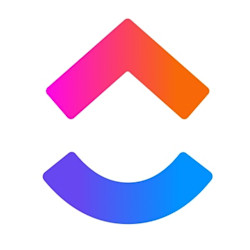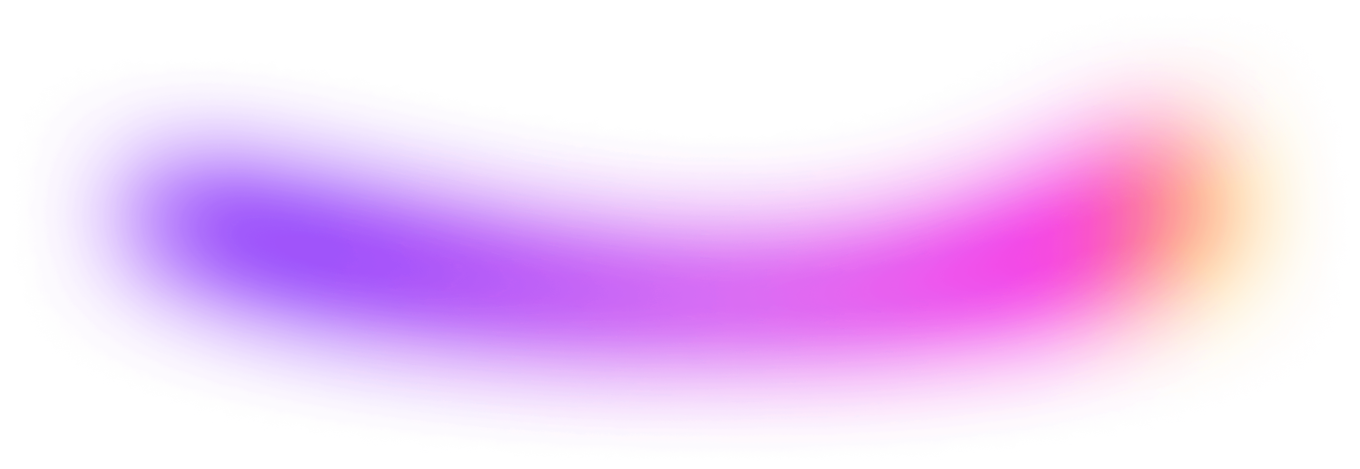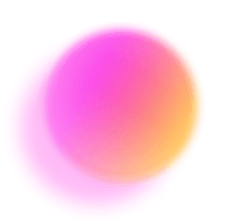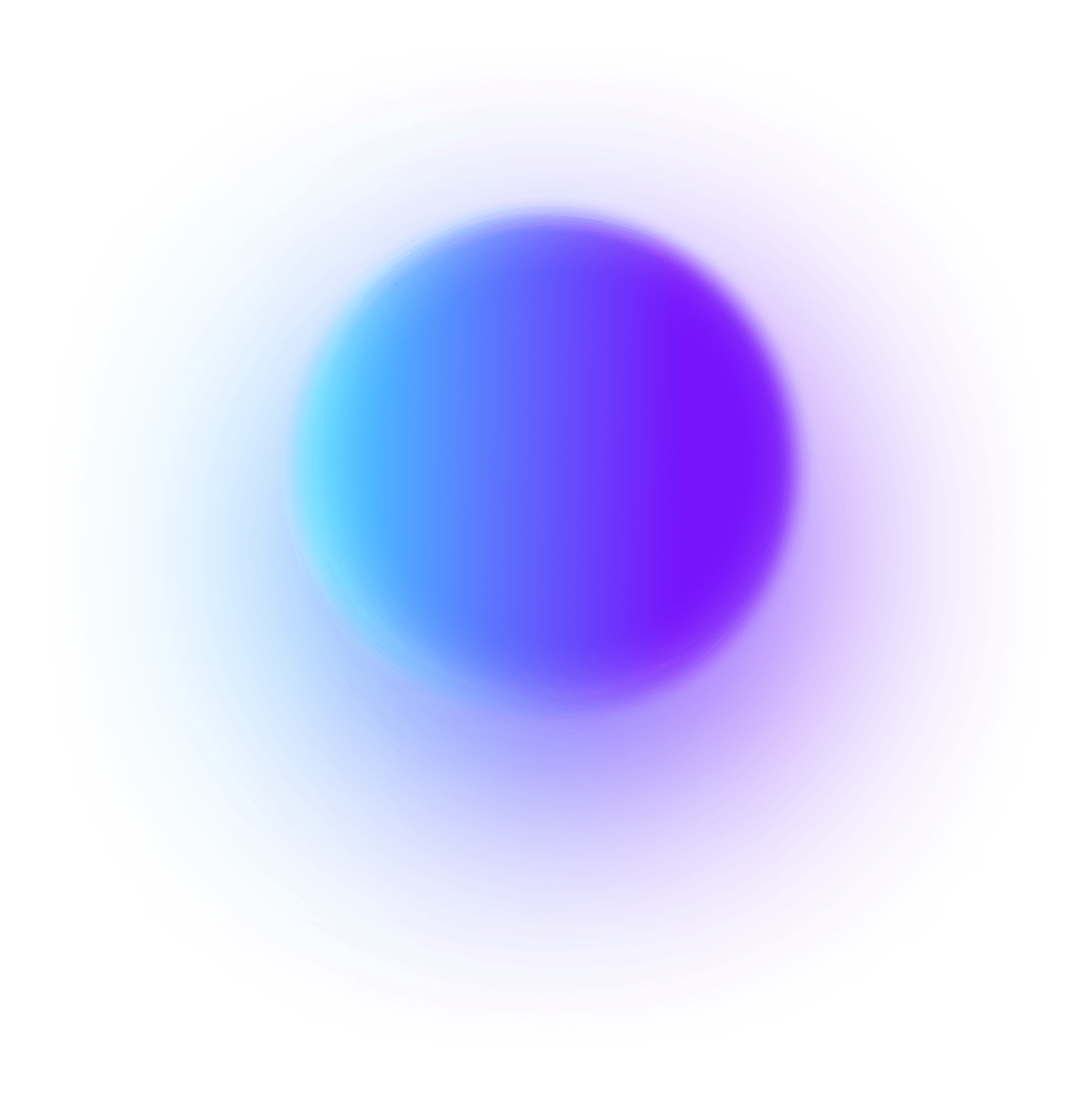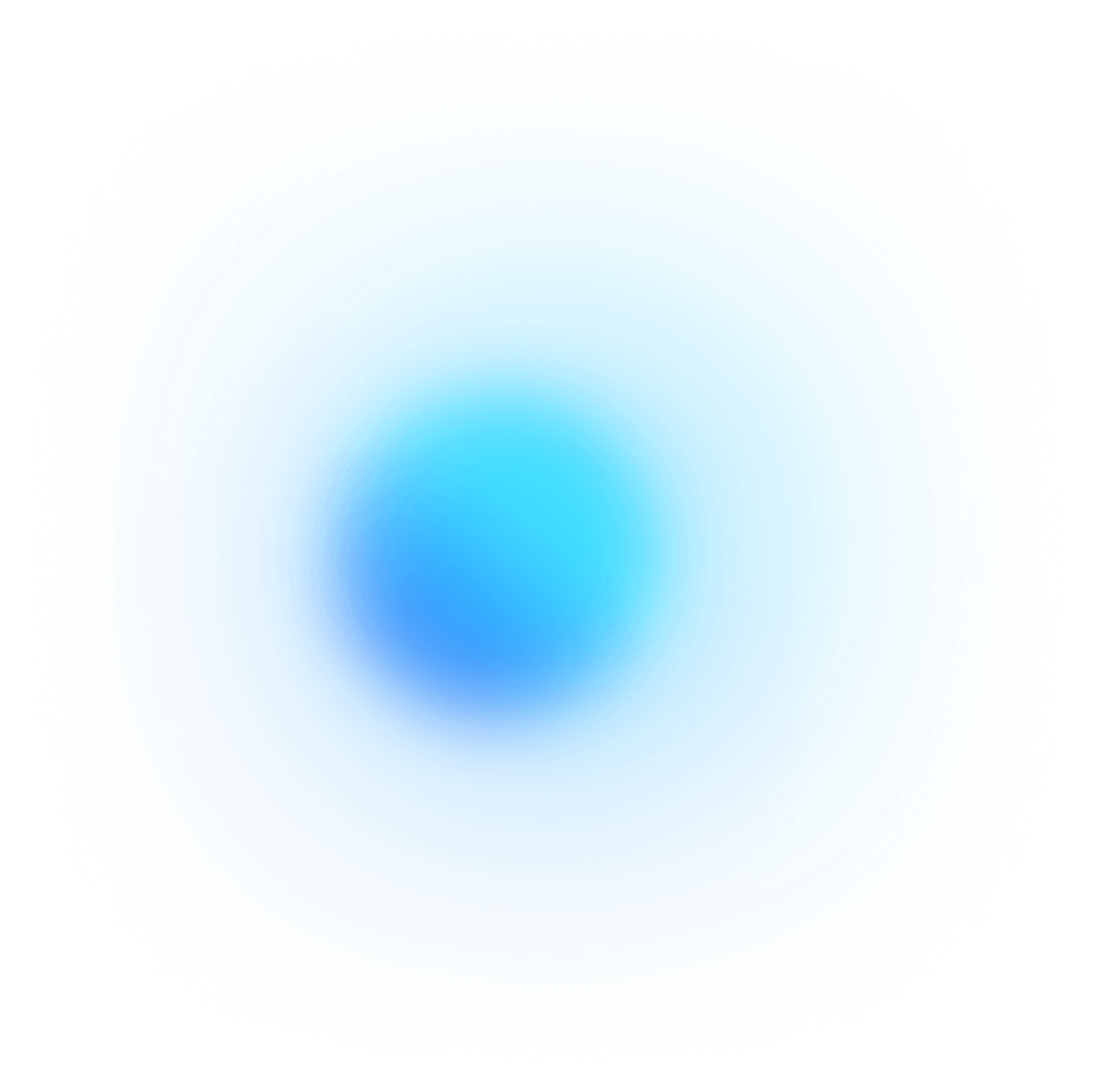Hardware design is a complex process that requires seamless coordination and collaboration among team members. To ensure productive meetings and efficient progress, ClickUp's Hardware Designers Meeting Agenda Template is a game-changer.
This template empowers hardware designers to:
- Structure meetings and set clear objectives for each session
- Discuss and make decisions on critical design aspects
- Track action items and assign responsibilities to team members
- Document meeting minutes and share them with stakeholders
With ClickUp's Hardware Designers Meeting Agenda Template, you can streamline your design process, enhance collaboration, and stay on top of your hardware projects. Start using this template today and take your hardware design meetings to the next level!
Benefits of Hardware Designers Meeting Agenda Template
Planning and conducting hardware design meetings can be a complex task, but using the Hardware Designers Meeting Agenda Template can simplify the process and provide numerous benefits, including:
- Ensuring that all relevant topics related to hardware development and design are discussed and addressed
- Facilitating effective communication and collaboration among team members
- Providing a clear structure and timeline for the meeting, ensuring that it stays on track and doesn't run over time
- Allowing for the documentation and tracking of decisions made during the meeting
- Streamlining project management by identifying action items and assigning tasks to team members
Main Elements of Hardware Designers Meeting Agenda Template
In order to have productive and efficient hardware designers meetings, ClickUp offers the Hardware Designers Meeting Agenda template, which includes:
- Custom Statuses: Keep track of the progress of each agenda item by assigning statuses such as In Progress, Completed, or Pending Review.
- Custom Fields: Capture important information for each agenda item using custom fields like Meeting Topic, Presenter Name, Time Allotted, and Discussion Notes.
- Different Views: Utilize different views to organize and present the agenda items effectively. For example, use the Kanban view to visually track the progress of each item, or the Table view to easily sort and filter the agenda items based on specific criteria.
How to Use Meeting Agenda for Hardware Designers
When it comes to organizing a hardware designers meeting, having a clear agenda is crucial. Here are four steps to effectively use the Hardware Designers Meeting Agenda Template in ClickUp:
1. Define the meeting objectives
Before the meeting, take the time to clearly define the objectives you want to achieve. Are you discussing project updates, brainstorming new ideas, or reviewing design specifications? Having a clear purpose will help keep the meeting focused and productive.
Use the Goals feature in ClickUp to outline the specific objectives you want to cover in the meeting.
2. Identify the topics to discuss
Once you have the meeting objectives in mind, identify the specific topics you want to cover during the meeting. This could include reviewing progress on ongoing projects, discussing any challenges or roadblocks, or sharing new design concepts.
Use the Board view in ClickUp to create cards for each topic and move them through different stages (e.g., To Do, In Progress, Completed) as they are discussed.
3. Assign time slots for each topic
To ensure that the meeting stays on track and doesn't run overtime, assign specific time slots for each topic on the agenda. Estimate how much time should be allocated to each topic based on its importance and complexity.
Use the Calendar view in ClickUp to schedule the meeting and allocate time slots for each topic on the agenda.
4. Share the agenda with attendees
Once you have finalized the agenda, share it with all the attendees well in advance of the meeting. This will allow them to come prepared with any necessary information or materials related to the topics being discussed.
Use the Email feature in ClickUp to send the agenda directly to all meeting participants. You can also attach any relevant documents or files that they may need to reference during the meeting.
By following these four steps and utilizing ClickUp's features, you can ensure that your hardware designers meeting is well-organized, productive, and focused on achieving your objectives.
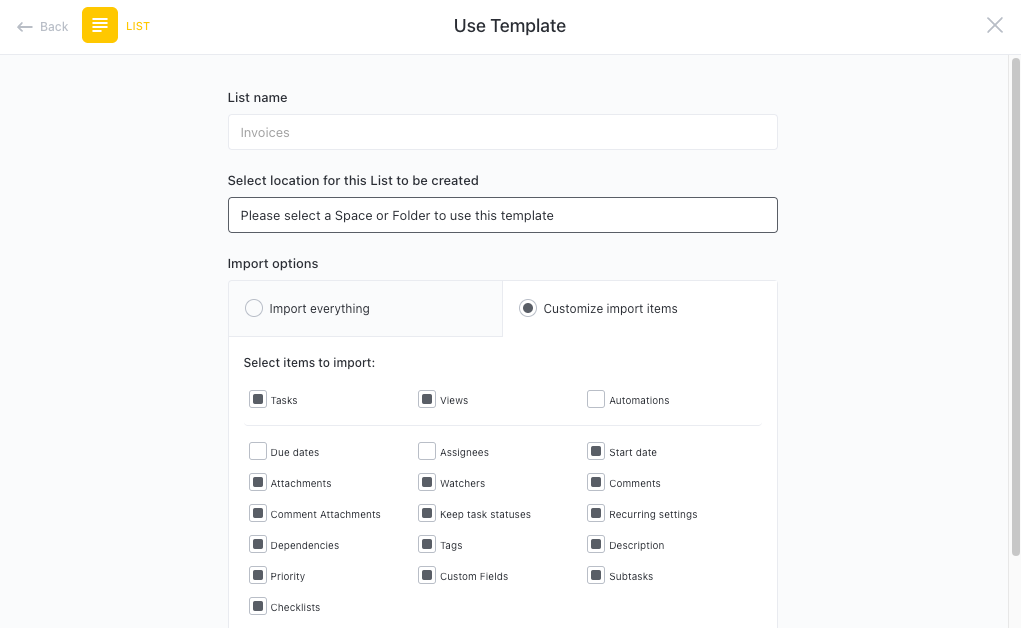
Get Started with ClickUp’s Hardware Designers Meeting Agenda Template
Hardware designers can use the Hardware Designers Meeting Agenda Template to effectively plan and structure their meetings, ensuring that important topics and tasks related to the development and design of hardware are discussed, decisions are made, and progress is tracked, ultimately facilitating efficient collaboration and project management.
First, hit “Add Template” to sign up for ClickUp and add the template to your Workspace. Make sure you designate which Space or location in your Workspace you’d like this template applied.
Next, invite relevant members or guests to your Workspace to start collaborating.
Now you can take advantage of the full potential of this template to streamline your hardware design meetings:
- Use the Meeting Agenda View to organize and prioritize discussion topics for each meeting
- Assign tasks to team members before the meeting to ensure everyone is prepared
- Set a clear agenda and time constraints to keep meetings focused and efficient
- Take meeting notes directly in the template to capture decisions and action items
- Use the Timeline View to track the progress of tasks and milestones discussed during the meeting
- Utilize the Gantt chart to visualize the project timeline and identify potential bottlenecks
- Review and analyze meeting data to optimize future meetings and improve collaboration.
